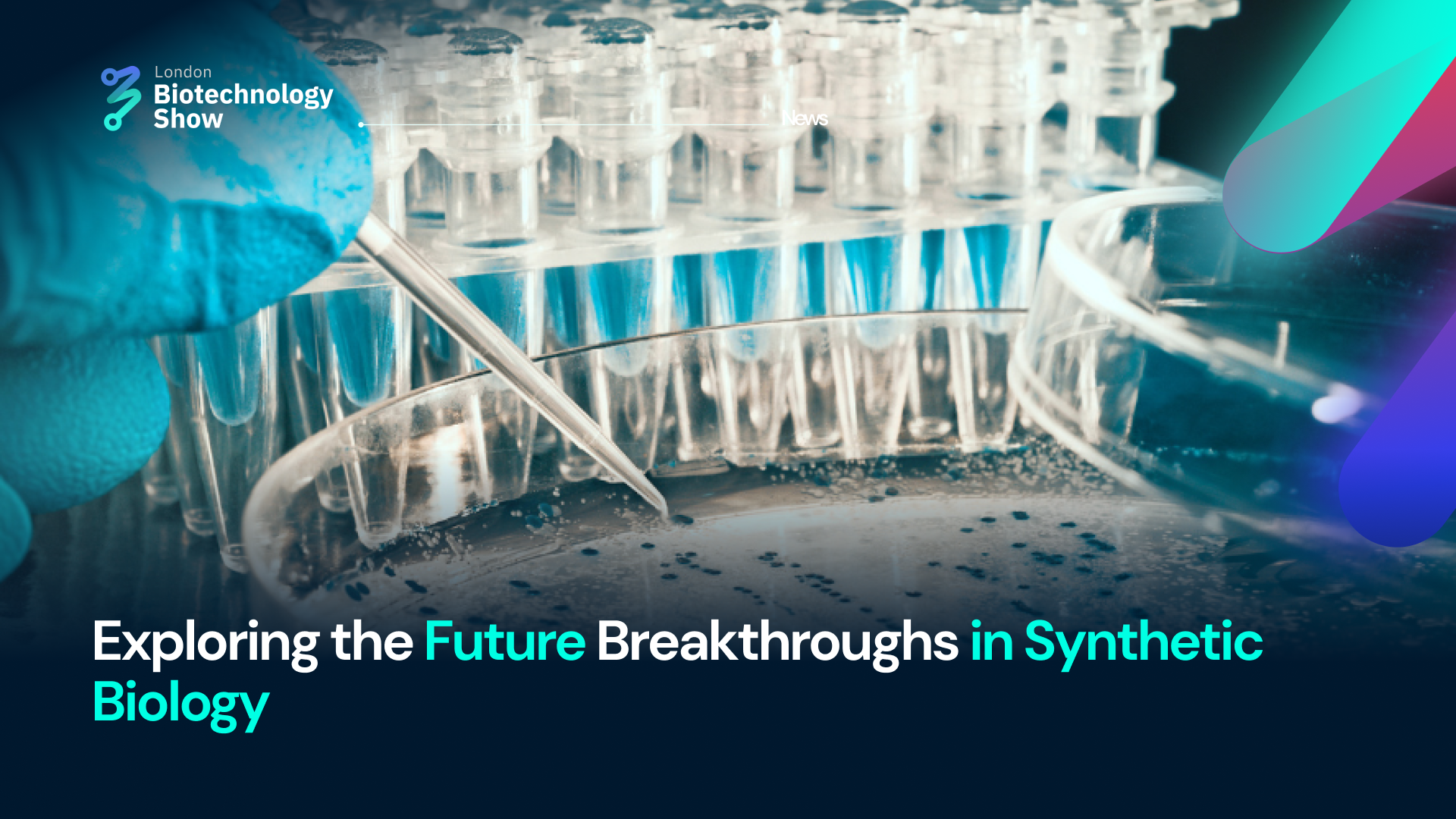In the realm of scientific innovation, synthetic biology stands as a beacon of promise, offering a landscape of possibilities that seem to transcend the boundaries of imagination. This multidisciplinary field intertwines biology, engineering, and computational sciences to reprogram living organisms, creating a tapestry of novel applications that could redefine medicine, agriculture, energy production, and environmental sustainability.
At the forefront of this revolution, researchers are delving into uncharted territories, unlocking the potential for breakthroughs that could shape our future. The journey through synthetic biology is a captivating narrative of human ingenuity and technological advancement, promising a multitude of groundbreaking developments that may revolutionise various facets of our lives.
The Future Breakthroughs in Synthetic Biology:
Personalised Medicine: At the forefront of synthetic biology's potential breakthroughs lies personalised medicine. Scientists are pioneering techniques to engineer bespoke therapies tailored to individual patients. The advent of CRISPR-Cas9, a groundbreaking gene-editing tool, has showcased remarkable potential. Ongoing research strives to enhance its precision, opening vistas for safer and more effective treatments across a spectrum of diseases, from cancer to hereditary disorders.
Recent Advancements: Recent studies have showcased the successful application of CRISPR technology in correcting genetic mutations in lab settings. Clinical trials using gene editing for specific genetic conditions have exhibited promising results, offering a glimpse into the potential for transformative therapies.
Biofuels and Sustainable Production: Synthetic biology's contributions to sustainable energy sources are poised to reshape our dependence on finite resources. By engineering microbes to convert waste biomass into valuable biofuels, researchers aim to mitigate environmental impact while bolstering energy independence.
Recent Advancements: Advancements in metabolic engineering have led to the creation of genetically modified microorganisms that efficiently produce biofuels from various organic sources. These innovations mark significant progress towards environmentally friendly and renewable energy solutions.
Bioremediation and Environmental Conservation: The ability to engineer organisms for bioremediation heralds a new era in environmental conservation. Designed microbes hold the potential to detoxify soil, purify water sources, and combat pollution, offering sustainable solutions to environmental degradation.
Recent Advancements: Research has focused on utilising engineered bacteria to break down pollutants, showcasing the potential for more effective and targeted bioremediation strategies. This technology offers hope for addressing complex environmental challenges.
Designer Organisms for Agriculture: Synthetic biology's influence on agriculture spans from engineered crops to microbes. These innovations aim to create crops resilient to pests, diseases, and adverse environmental conditions, potentially transforming global food security.
Recent Advancements: Genetic modification in agriculture has led to the development of crops with enhanced traits, such as pest resistance and improved nutritional content. Engineered crops hold promise for addressing the challenges posed by changing climates and food demands.
Living Materials and Biomanufacturing: The fusion of biology and materials science introduces the concept of living materials, envisaging sustainable products derived from engineered living organisms. These innovations offer solutions ranging from self-healing materials to biodegradable plastics, paving the way for a more eco-conscious future.
Recent Advancements: Recent studies exploring bio-inspired materials have yielded promising results, demonstrating the potential for creating adaptable and sustainable products using living organisms.
Biocomputing and Information Storage: Synthetic biology's venture into biocomputing aims to leverage biological systems' information processing capabilities. DNA, with its extraordinary data storage density, holds potential as a medium for vast data storage, potentially revolutionising information technology.
Recent Advancements: Research into DNA-based data storage systems has shown progress, achieving higher data storage densities and exploring the potential for long-term data archiving using biological molecules.
The narrative of synthetic biology unfolds as a testament to human ingenuity and collaborative efforts across scientific disciplines. The envisioned breakthroughs not only hold the promise of technological marvels but also demand ethical considerations, regulatory frameworks, and societal engagement to navigate potential challenges responsibly.
The landscape of synthetic biology teems with promise, offering a tapestry of potential breakthroughs that could redefine our world. The strides made in this interdisciplinary field continue to captivate the imagination, propelling us towards a future where biology becomes a canvas for engineering the extraordinary.
As we delve deeper into the realms of personalised medicine, sustainable energy, environmental conservation, agriculture, materials science, and information technology, the potential for groundbreaking advancements appears boundless. The synergy between scientific innovation and human creativity within synthetic biology sets the stage for a future where the unimaginable becomes achievable.
The journey towards these breakthroughs demands continued research, ethical considerations, and collaboration across diverse disciplines. Embracing the challenges and opportunities that lie ahead in synthetic biology may indeed herald an era where the boundaries of what we perceive as possible continue to expand.

